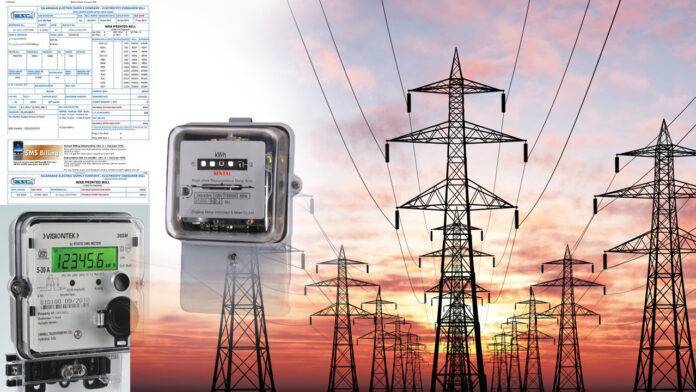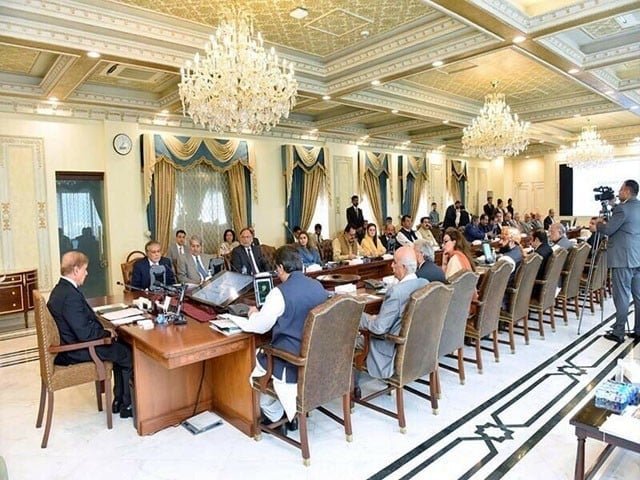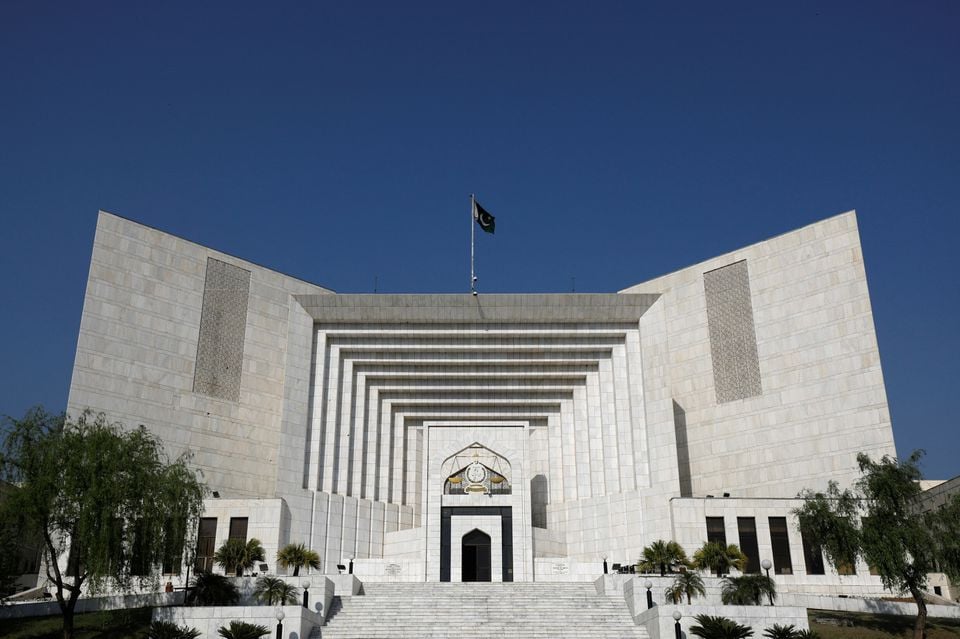The National Electric Power Regulatory Authority (Nepra) has revised its regulations, significantly restricting consumers’ ability to pay their electricity bills in multiple instalments. This decision was made in response to the increasing financial strain on the power sector and the need to ensure timely payments, leaving consumers with fewer relief options.
Nepra’s recent amendments to the Consumer Service Manual, 2021, have effectively eliminated a major relief measure for power consumers, which previously allowed them to ease their financial burden by paying their electricity bills in multiple instalments. This decision significantly impacts the convenience and flexibility that consumers previously had in managing their electricity payments, potentially leading to increased financial strain.
Under the new regulations, Nepra stipulates that consumers will only be allowed to avail of the instalment facility once a year, imposing a 14% markup on subsequent instalments. This change in policy places a heavier financial burden on consumers, particularly those facing economic challenges and difficulties in meeting their electricity payment deadlines, potentially leading to more difficulties in managing their utility expenses.
Moreover, the directive for power distribution companies (Discos) to issue computerized bills for instalment and extension requests indicates a more stringent and less flexible approach towards accommodating consumers’ financial circumstances. It’s important to note that Discos will be the primary point of contact for consumers regarding these new regulations. This shift in policy represents a departure from the previous efforts of the caretaker government, which had contemplated allowing consumers with bills of up to 400 units to pay off their electricity bills in instalments over a period of six months.
These tougher regulations on the power sector are occurring against the backdrop of soaring electricity rates, and they are also a response to the strict conditions imposed by the International Monetary Fund (IMF) regarding structural reforms in exchange for financial assistance to Pakistan. The combined impact of these changes is likely to place additional financial strain on power consumers, further underscoring the challenges faced by the public in managing their utility expenses amid economic pressures.
The implications of Nepra’s new regulations serve as a critical reminder of the balancing act between financial reforms in the power sector and the need to provide essential relief measures to power consumers, especially during economically challenging times.














